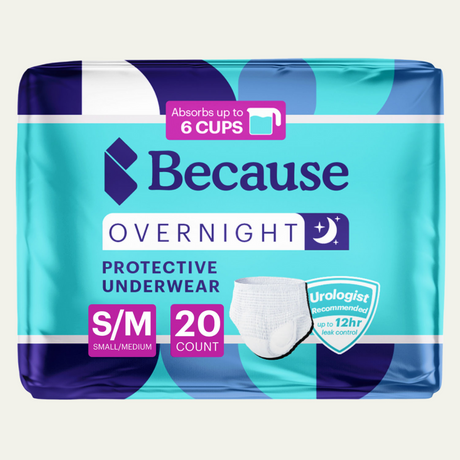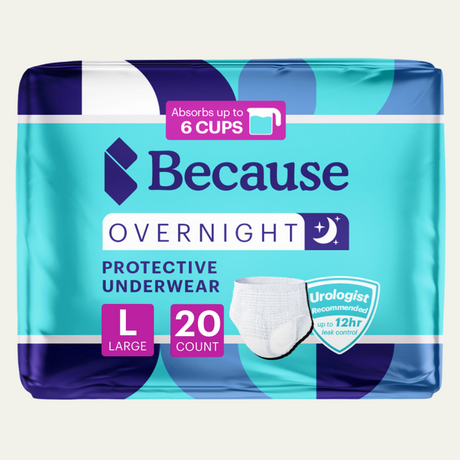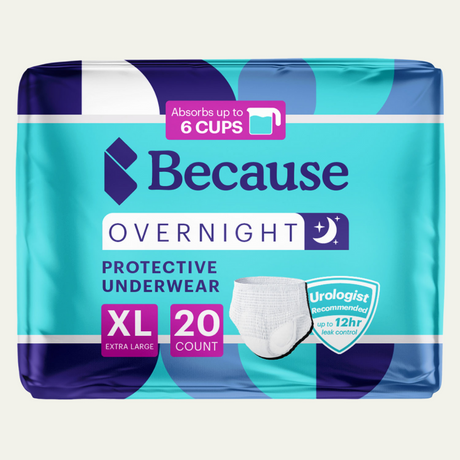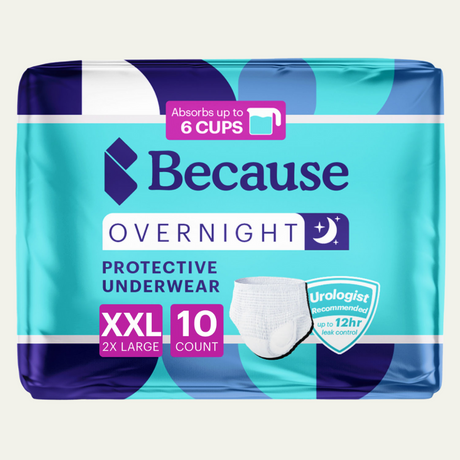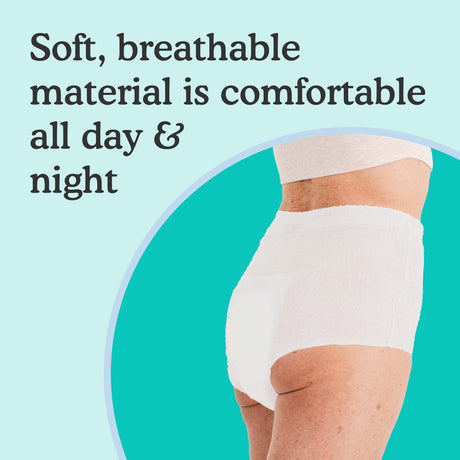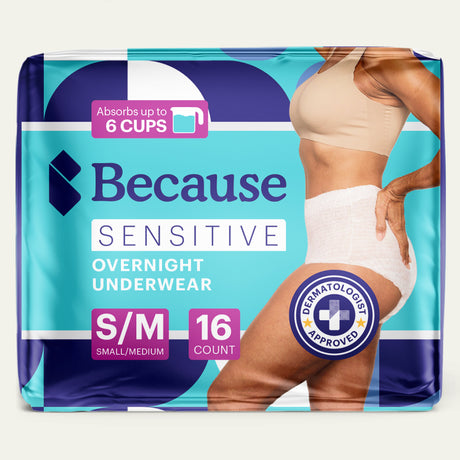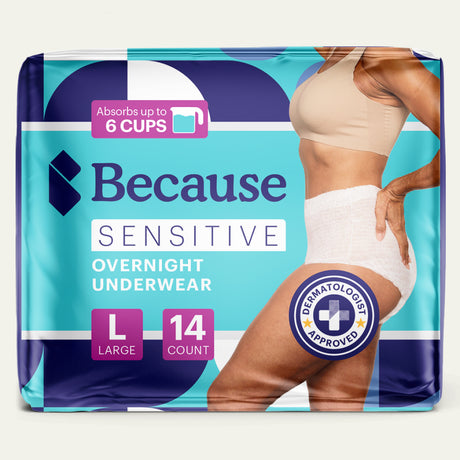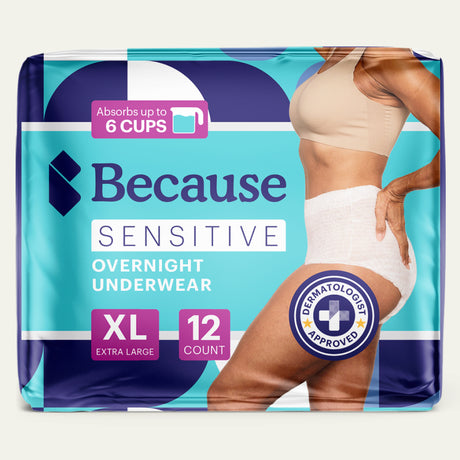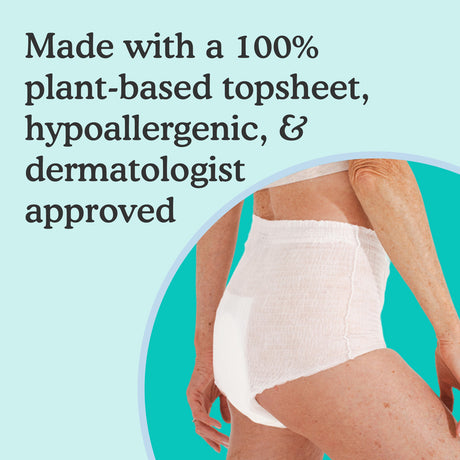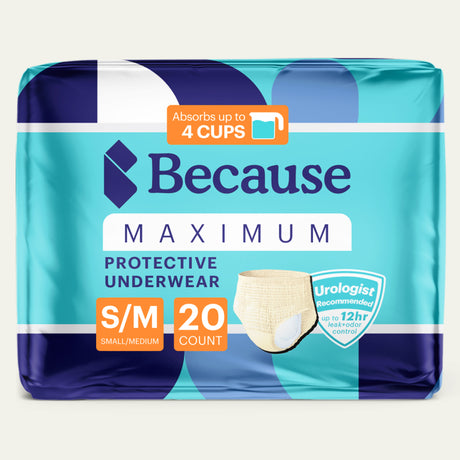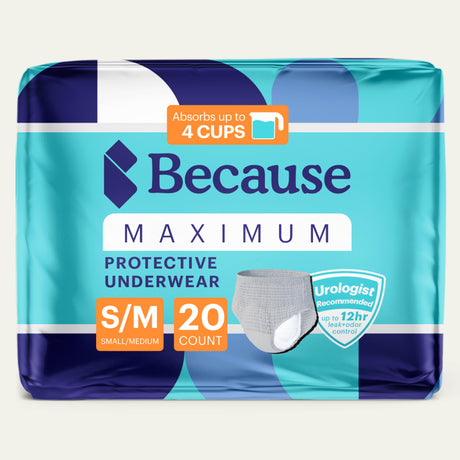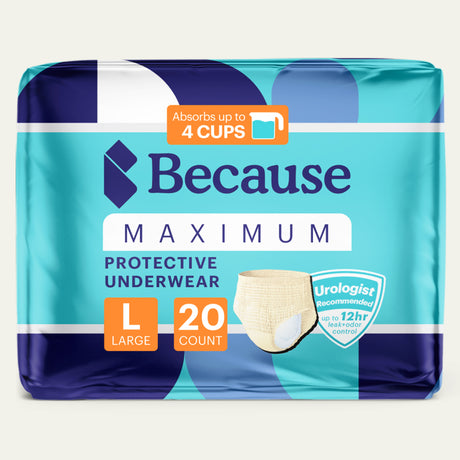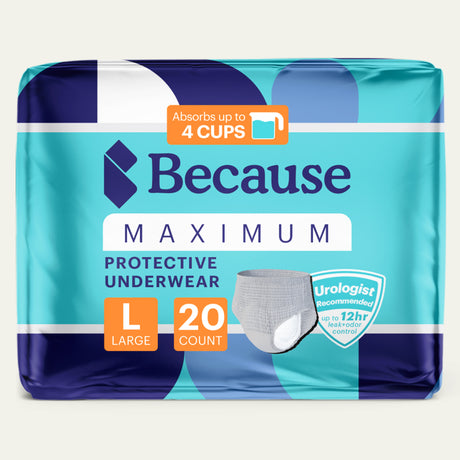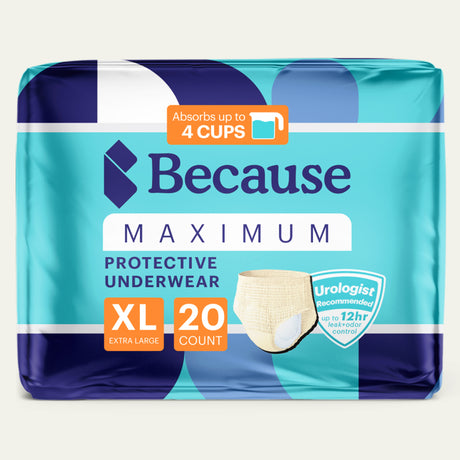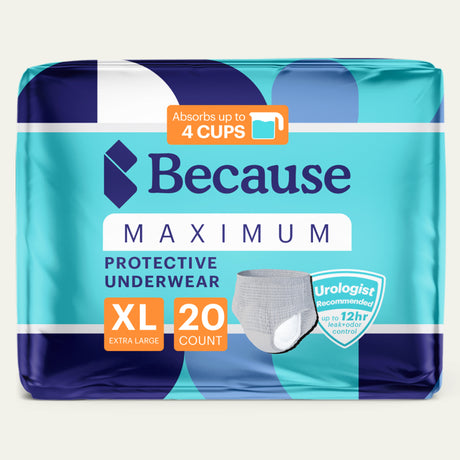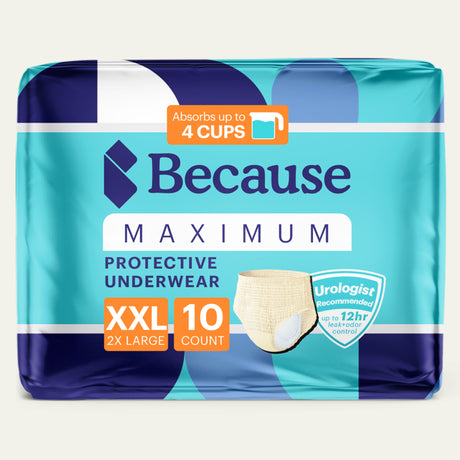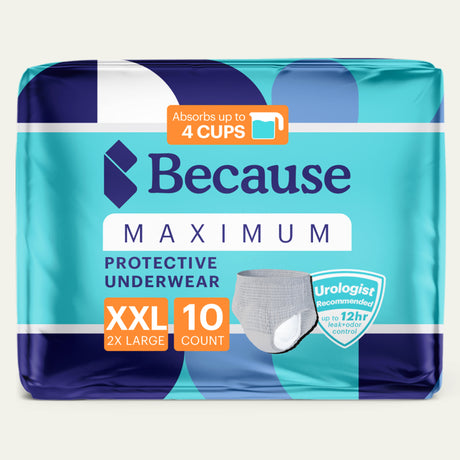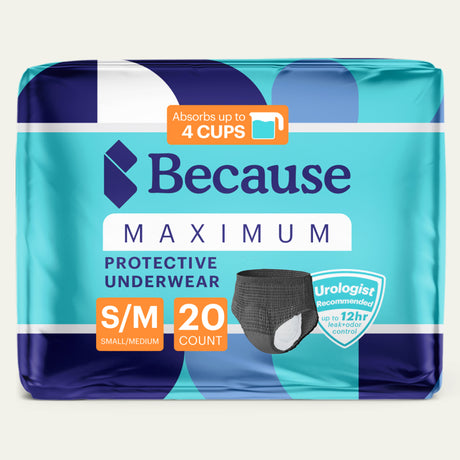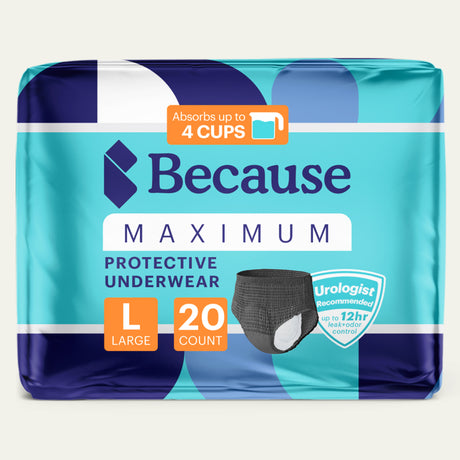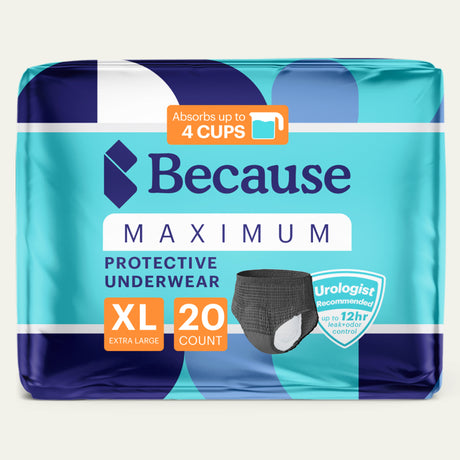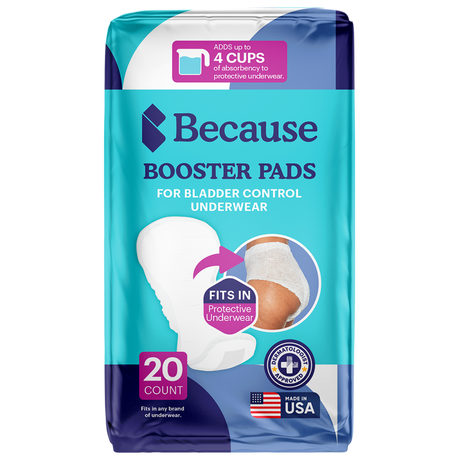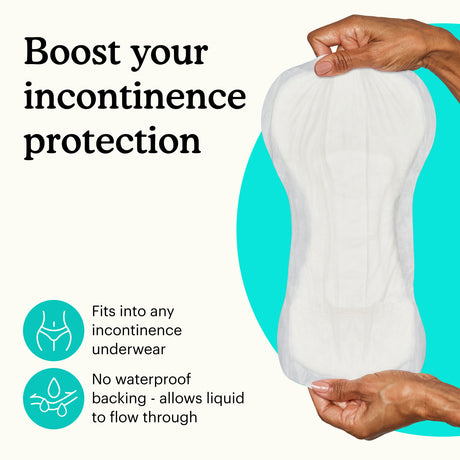An irritated bladder can disrupt daily life with uncomfortable symptoms such as frequent urges, discomfort, and sensitivity. If you’re struggling with these issues, you’re not alone—many people experience bladder irritation due to various factors like diet, stress, or underlying medical conditions. In this blog, we'll explore effective strategies to soothe an irritated bladder, from dietary adjustments and hydration tips to lifestyle changes and medical options. Discover how to manage and alleviate symptoms to regain comfort and improve your quality of life.

What is an Irritated Bladder?
An irritated bladder occurs when the bladder becomes inflamed or sensitive, leading to symptoms such as frequent and urgent urges to urinate, discomfort, and sometimes pain. This condition can be triggered by various factors, including infections, inflammatory conditions like interstitial cystitis, and irritation from certain foods and beverages. Common irritants include caffeine, alcohol, and spicy foods, which can exacerbate symptoms and make the bladder more sensitive. An irritated bladder can significantly impact daily activities and quality of life, but understanding its causes and effective management strategies can help alleviate discomfort and restore normal bladder function.
Symptoms of an Irritated Bladder
An irritated bladder can present with a range of uncomfortable symptoms that impact daily life. Common symptoms include:
- Frequent Urination: A persistent need to urinate more often than usual, often with little time between urges.
- Urgency: A sudden, intense urge to urinate that can be difficult to control, sometimes leading to involuntary leakage.
- Discomfort or Pain: Sensation of discomfort or pain in the lower abdomen or pelvic area, which may be exacerbated by the act of urination.
- Burning Sensation: A burning or stinging feeling during urination, which can indicate inflammation or irritation.
- Nocturia: Frequent waking during the night to urinate, disrupting sleep and contributing to fatigue.
- Cloudy or Strong-Smelling Urine: Changes in urine appearance or odor that may accompany an irritated bladder, sometimes suggesting an underlying infection.
Recognizing these symptoms is crucial for effective management and treatment. If these symptoms persist or worsen, consulting a healthcare provider can help determine the underlying cause and appropriate intervention.
Causes of an Irritated Bladder
An irritated bladder can result from a variety of factors, each contributing to the inflammation or sensitivity of the bladder lining. Understanding these causes can help in identifying the appropriate treatment and management strategies. Here are some common causes:
- Urinary Tract Infections (UTIs): Bacterial infections in the urinary tract can cause inflammation and irritation of the bladder, leading to symptoms such as frequent urination and discomfort.
- Interstitial Cystitis (IC): A chronic condition characterized by bladder inflammation and pain, often with no obvious infection. IC can lead to persistent symptoms like frequent and urgent need to urinate and pelvic pain.
- Bladder Irritants: Certain foods and beverages, such as caffeine, alcohol, spicy foods, and artificial sweeteners, can irritate the bladder lining and exacerbate symptoms.
- Medications: Some medications, particularly those with diuretic effects or those that can alter the bladder's natural function, may cause bladder irritation as a side effect.
- Hormonal Changes: For women, hormonal fluctuations, especially during menopause, can affect bladder function and increase sensitivity or irritation.
- Chronic Medical Conditions: Conditions like diabetes, neurological disorders, and chronic pelvic conditions can affect bladder function and contribute to irritation.
- Bladder Trauma or Injury: Any physical trauma to the bladder or surrounding areas can lead to irritation and inflammation.
- Dehydration: Insufficient fluid intake can lead to concentrated urine, which can irritate the bladder lining.

Treatments to Calm an Irritated Bladder
Managing an irritated bladder involves addressing both the symptoms and the underlying causes to provide relief and restore normal function. The most important step you can take is to speak to your healthcare provider to ensure you are getting the proper diagnosis and treatment. Once you have seen your doctor, if you are still having symptoms of an irritated bladder try these effective treatments and strategies to help calm an irritated bladder:
- Dietary Adjustments: Identifying and avoiding bladder irritants such as caffeine, alcohol, spicy foods, and artificial sweeteners can significantly reduce symptoms. Incorporating a bladder-friendly diet with plenty of water and foods low in acid can help soothe irritation.
- Hydration: Drinking adequate amounts of water can help dilute urine, reducing irritation of the bladder lining. Aim for a balanced fluid intake throughout the day while avoiding excessive caffeine or alcohol consumption.
- Medications: Several medications can help manage bladder irritation. Over-the-counter pain relievers such as acetaminophen or ibuprofen may alleviate discomfort. For more chronic issues, medications like antihistamines or bladder-specific drugs may be prescribed by a healthcare provider.
- Bladder Training: Bladder training techniques can help manage symptoms by gradually increasing the intervals between bathroom visits. This method helps retrain the bladder to hold more urine and reduce the urgency and frequency of urination.
- Pelvic Floor Exercises: Strengthening the pelvic floor muscles through exercises, such as Kegels, can provide support to the bladder and help control symptoms associated with bladder irritation.
- Avoiding Irritants: Limiting exposure to known bladder irritants, such as certain medications or environmental factors, can prevent exacerbation of symptoms.
- Stress Management: Managing stress through relaxation techniques, mindfulness, and regular physical activity can reduce the impact of psychological factors on bladder symptoms.
- Topical Treatments: Applying soothing topical treatments, such as barrier creams or hydrating gels, can help protect the bladder lining and alleviate symptoms.
- Medical Interventions: For chronic or severe cases, medical treatments may be necessary. This could include medications specifically designed for conditions like interstitial cystitis or procedural interventions to address underlying causes.
- Consultation with a Specialist: Consulting with a urologist or other healthcare professional can help identify the root cause of bladder irritation and develop a comprehensive treatment plan tailored to your needs.
Managing an irritated bladder involves a multifaceted approach tailored to address both symptoms and underlying causes. By making dietary adjustments, staying hydrated, utilizing medications, and incorporating bladder training and pelvic floor exercises, individuals can effectively alleviate discomfort and improve bladder function.
Avoiding known irritants and managing stress are also crucial for maintaining bladder health. For persistent or severe cases, consulting a healthcare provider can provide personalized treatment options and guidance. With the right strategies and support, it’s possible to significantly reduce symptoms and enhance overall quality of life.
FAQs
How do you relax an inflamed bladder?
To relax an inflamed bladder, avoid irritants like caffeine and alcohol, practice bladder training, and use medications or treatments prescribed by a healthcare provider.
What can I drink to soothe an irritated bladder?
Drinking plenty of water, herbal teas like chamomile or peppermint, and avoiding caffeinated or alcoholic beverages can help soothe an irritated bladder.
How long does it take for an irritated bladder to heal?
Healing time for an irritated bladder varies but can range from a few days to several weeks, depending on the cause and treatment effectiveness.
What does an irritated bladder feel like?
An irritated bladder often feels like frequent, urgent need to urinate, discomfort or pain in the lower abdomen, and sometimes a burning sensation during urination.
Is an irritated bladder the same as an overactive bladder?
An irritated bladder and an overactive bladder are related but not the same; overactive bladder specifically involves frequent, urgent urges to urinate, while irritation can include broader symptoms like discomfort and sensitivity.
Can I treat an irritated bladder on my own?
You can manage mild symptoms with dietary changes, hydration, and over-the-counter remedies, but treatment can only be facilitated by a healthcare provider. Make sure you see your doctor about any new symptoms you are experiencing so you can get the correct diagnosis and treatment plan.


